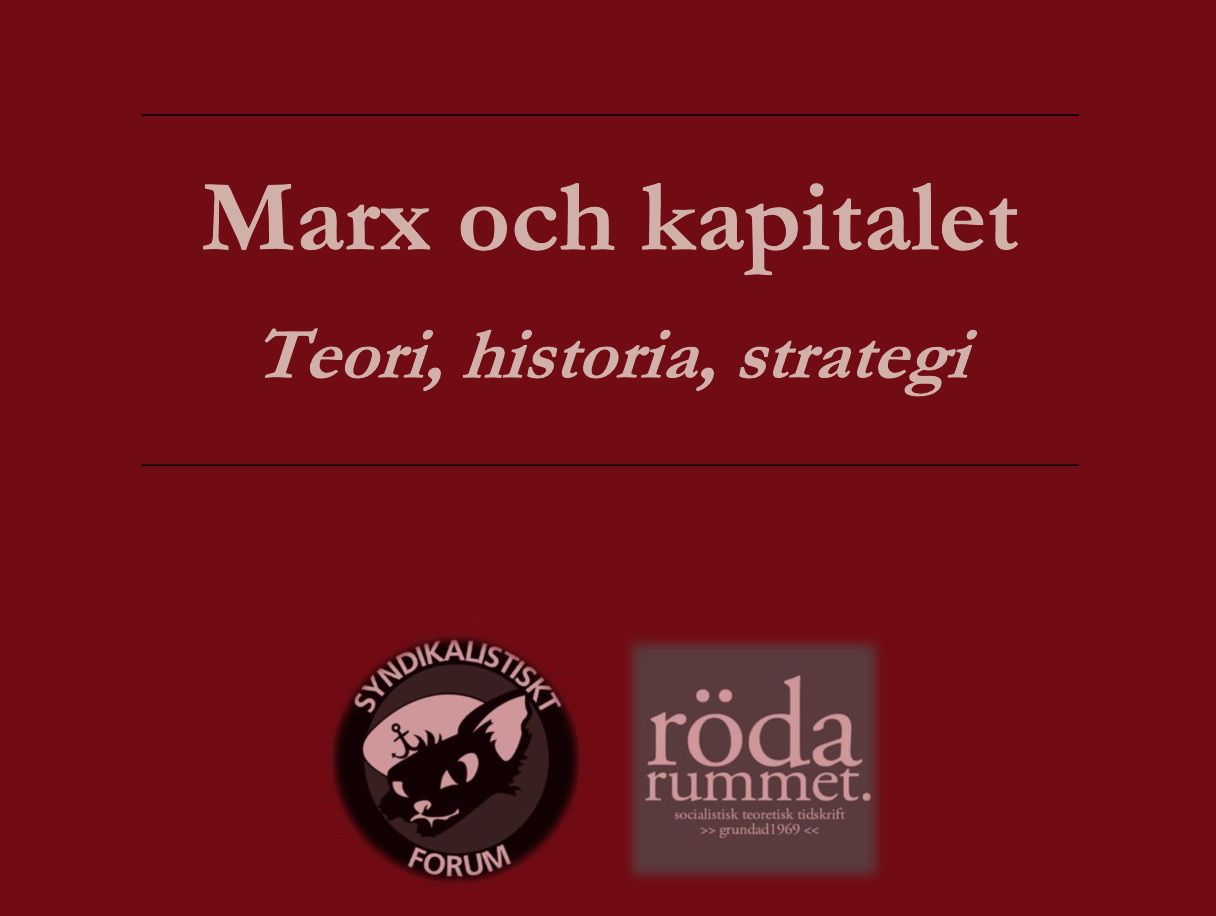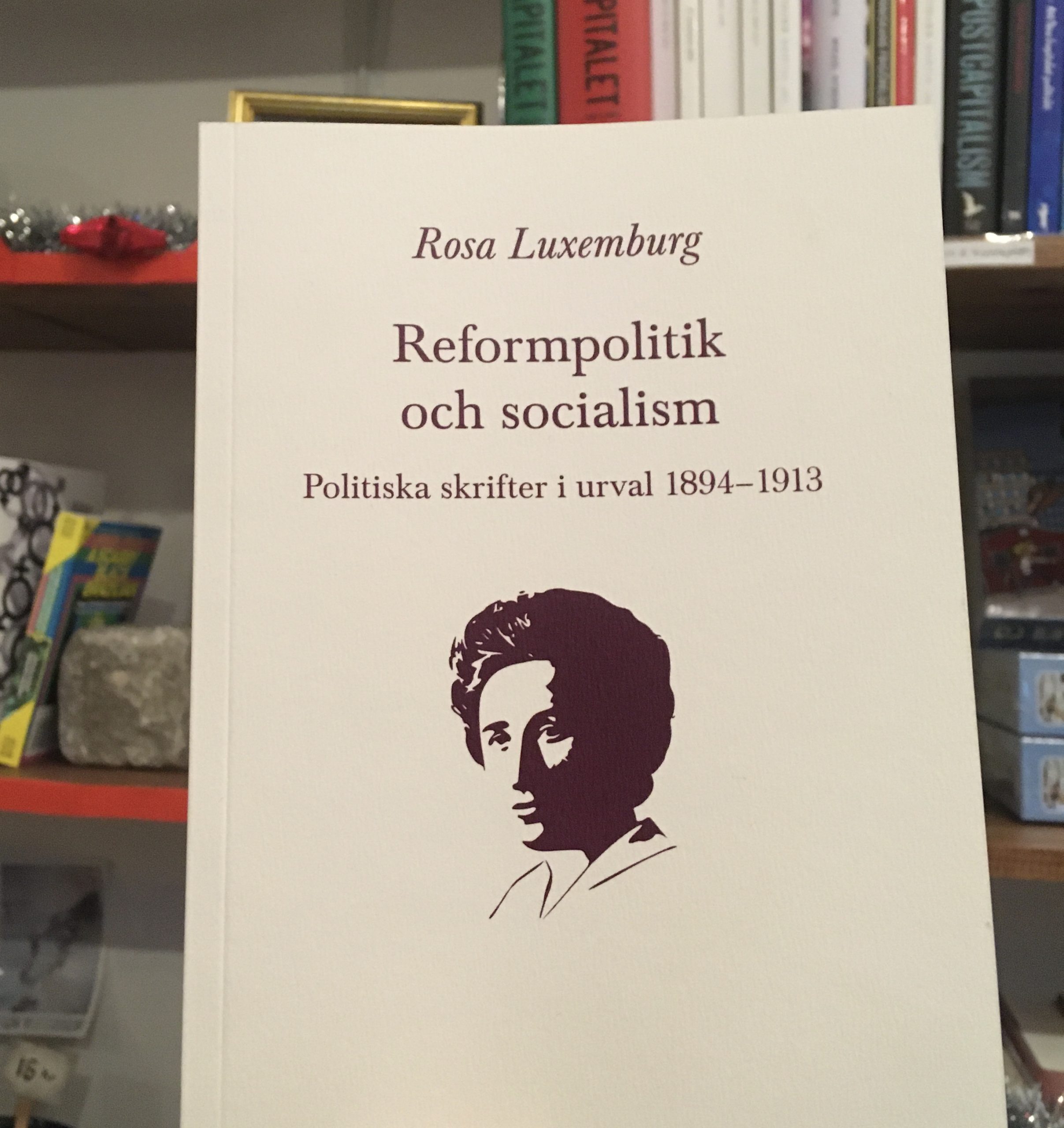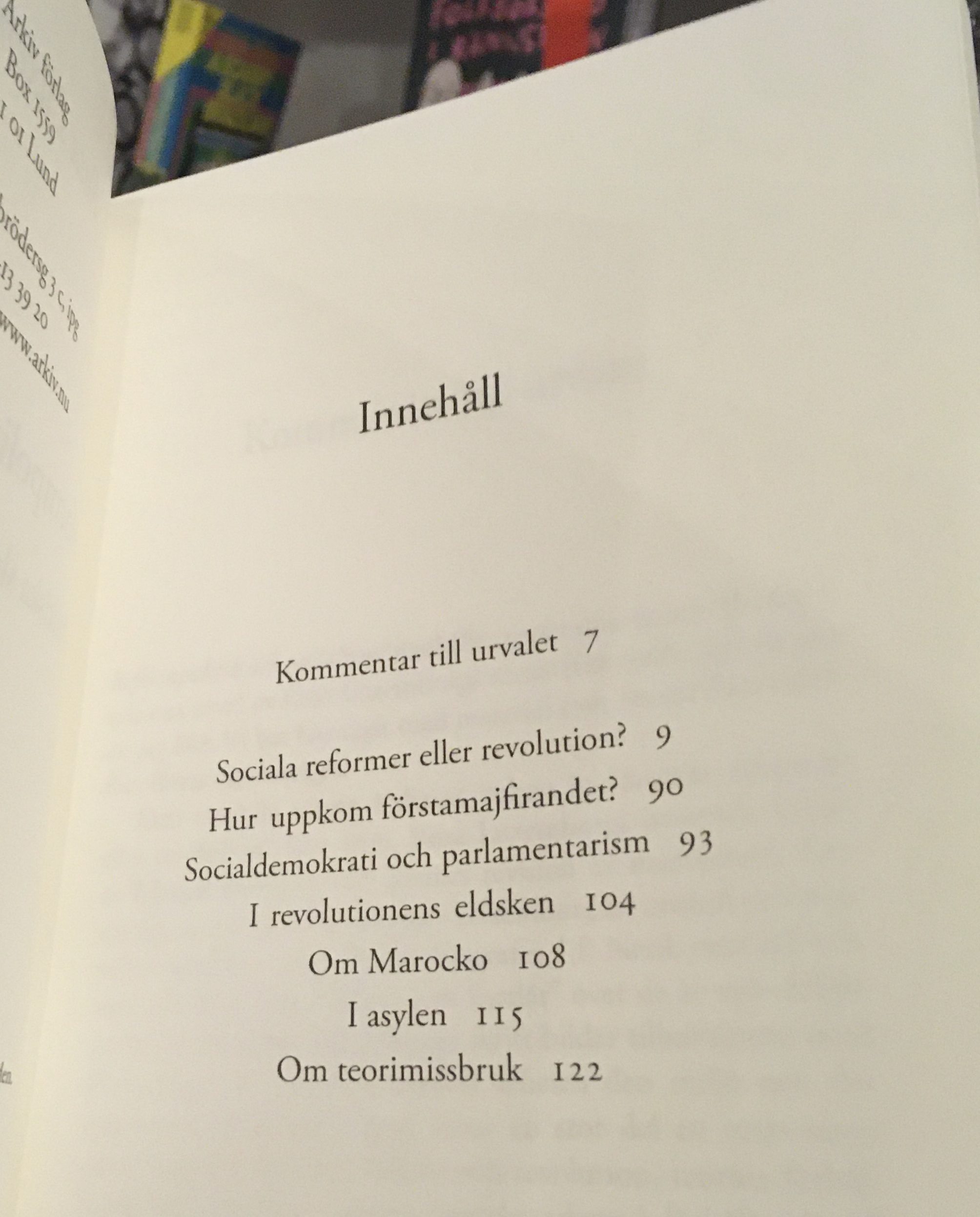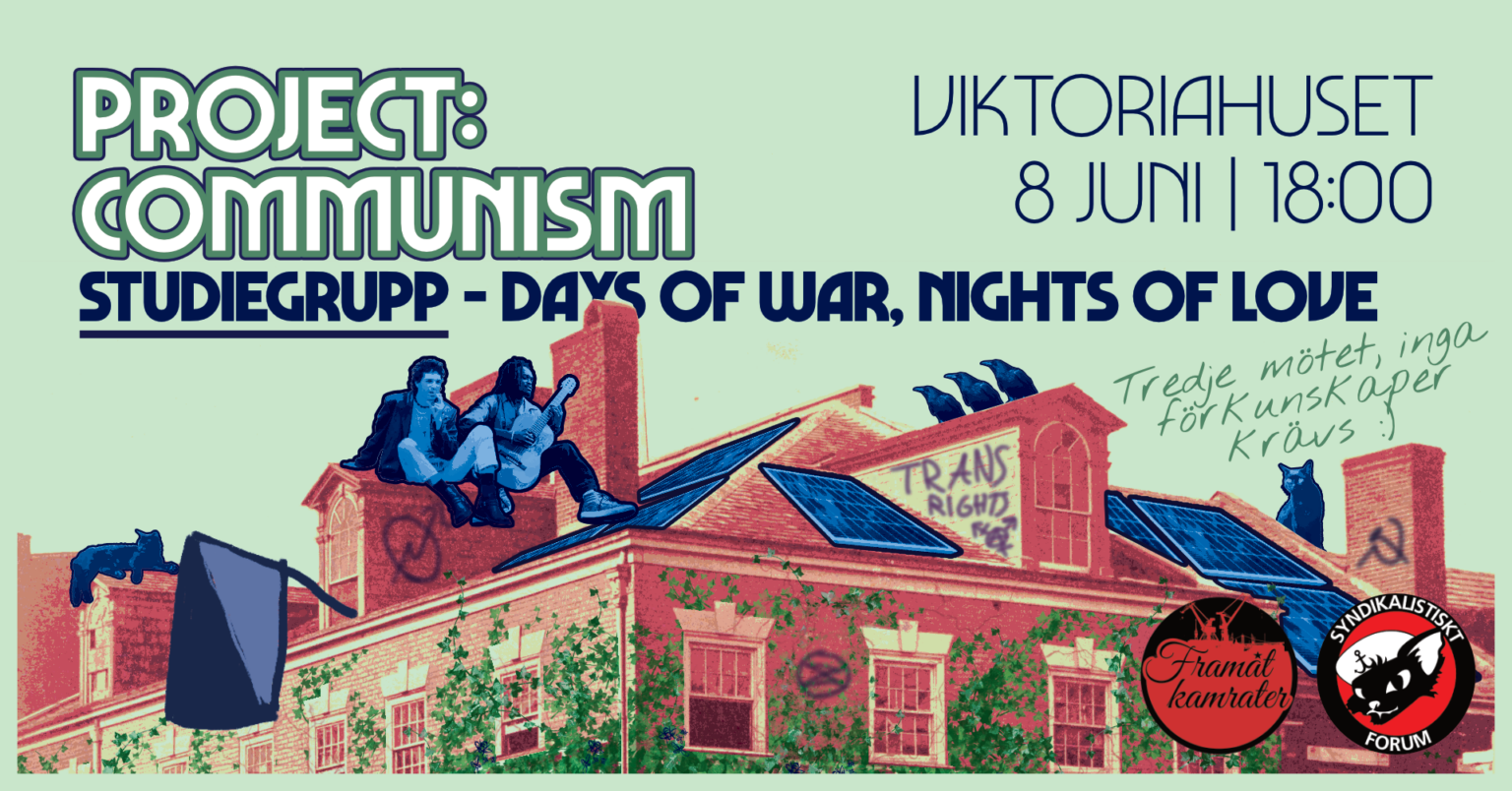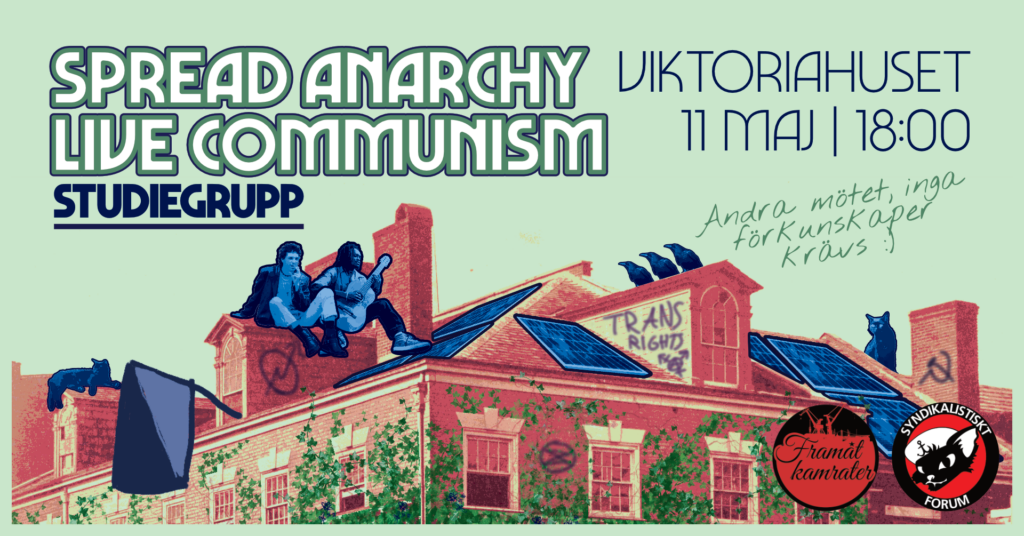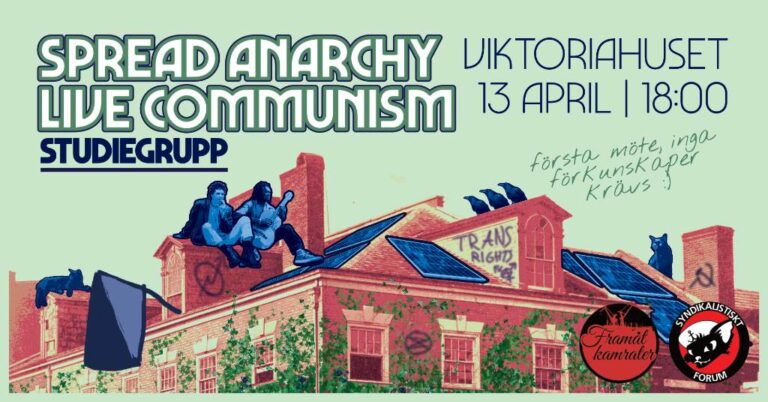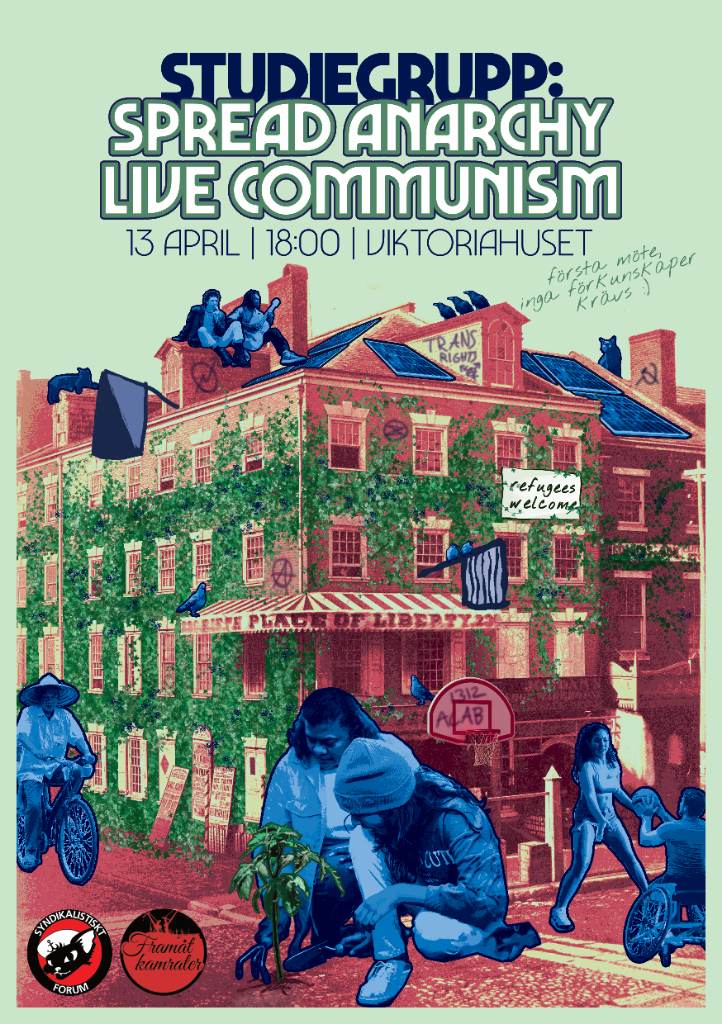
Vi läser boken Nietzsche and Anarchy. Den finns att antingen läsa på https://theanarchistlibrary.org/library/shahin-nietzsche-and-anarchy eller att köpa på forum. Utöver detta läser vi ”Nietzsche’s french legacy” som finns i The Cambridge Companion to Nietzsche för att få inblick i hur Nietzsche har påverkat den så kallade post-strukturalistiska filosofin.
Del 1 av boken går genom idéer som återfinns i Nietzsche som Shahin tycker är användbart för anarkister att använda sig av.
Del 2 försöker att applicera de här begreppen för anarkister.
Vecka 1 (Måndag 16:e juni, kl 18)
En kort introduktion till Nietzsche, boken och studiecirkeln. Vi läser appendix ”Nietzsche vs. Anarchism.” Här går Shahin igenom vad Nietzsche sa om anarkister, vad han visste om anarkister, och en välgrundad kritik mot anarkister.
Utöver detta läser vi kapitel 1 som går genom bokens innehåll och upplägg.
LÄS (20 sidor):
Kapitel 1, ss. 5-13; Appendix ss. 164-176.
Vecka 2 (Måndag 23:e juni, kl 18)
Vi börjar del 1 av boken. Vi läser kapitel 2, 3 och 4.
Kapitel 2 diskuterar Nietzsches förståelse av kroppen, där sinnet ingår i begreppet “kropp.” Kapitlets titel är “Bodies of drives,” och visar hur Nietzsche ser kroppen som en samling av drifter.
Kapitel 3 ger en inblick i hur Nietzsche förstår uppfostran och hur vi inkorporerar trosföreställningar och vanor.
Kapitel 4 klargör Nietzsches syn på moral, normer och “herds”, och hur dessa upprätthålls generellt.
LÄS (30 sidor):
Kapitel 2, ss. 16-30; Kapitel 3, ss. 30-40; Kapitel 4, ss. 40-46.
Vecka 3 (Måndag 30:e juni, kl 18)
Kapitel 5, Shahin skriver om hur Nietzsche ansåg att en blir en individ, och hur en bryter ifrån inskolning.
Kapitel 6 diskuterar Nietzsches idéer om slavmoralitet, internalisering, ressentiment, prästklassen och hur denna kritiken kan appliceras på anarkister (se igen appendix).
Kapitel 7 förklarar Nietzsches “fria själ” eller “övermänniska”.
Detta avslutar del 1 av boken.
LÄS (32 sidor):
Kapitel 5, ss. 46-57; Kapitel 6, ss. 57-69; Kapitel 7, ss. 69-78.
Vecka 4 (Måndag 7:e juli, kl 18)
Vi läser “Nietzsche’s French legacy” ut ur The Cambridge Companion to Nietzsche för att se hur Nietzsche har påverkat andra tänkare som är viktiga för vänster-traditionen.
LÄS (33 sidor):
Nietzsche’s French Legacy, ss. 323-355 i The Cambridge Companion to Nietzsche.
Vecka 5 (Måndag 14:e juli, kl 18)
Vi börjar läsa del 2: Ontology for Social War, där Shahin diskuterar hur de här koncepten kan appliceras på anarki.
Kapitel 8 diskuterar vad en vänster “fri själ” skulle kunna vara, och vad vängrupper skulle vara.
Kapitel 9 tar fram en social ontologi, som hämtar inspiration från Guattari, Deleuze, Foucault och Nietzsche. Här diskuteras tre ekologier, assemblages, kreativitet med mera.
LÄS (29 sidor):
Kapitel 8, ss. 78-82; Kapitel 9, ss. 82-107.
Vecka 6 (Måndag 21:e juli, kl 18)
Kapitel 10 framlägger olika idéer om makt, och maktförhållanden, med utgångspunkt ur Foucault.
Kapitel 11 avslöjar kapitalismens dynamik som en dominerande kultur.
Kapitel 12 svarar på hur vi kan sluta att gå med på att bli dominerade med utgångspunkt i antropologen James Scott och Judith Herman.
LÄS (29 sidor):
Kapitel 10, ss. 107-115; Kapitel 11, ss. 115-126; Kapitel 12, ss. 126-136.
Vecka 7 (Måndag 28:e juli, kl 18)
Kapitel 13 jämför begreppen “herds” kontra “packs”, där den senare är baserad på fri association.
Kapitel 14 frågar sig hur vi ska sprida anarki, utan att ta en ståndpunkt i att ha moralisk rätt eller sannhet.
Kapitel 15 argumenterar för det projektuella livet, och hur vi kan använda det för att leva anarkistiskt.
LÄS (28 sidor):
Kapitel 13, ss. 136-143; Kapitel 14, ss. 143-152; Kapitel 15, ss. 152-164.
Rekommenderad läsning
Om en vill ha en översikt över Nietzsche så kan en läsa:
https://plato.stanford.edu/entries/nietzsche-life-works/eller:
Rekommenderad läsning av hur Deleuze använder sig av Nietzsche ges i förordet av Nietzsche och Filosofin skrivet av Johannes Flink.
Rekommenderad läsning för att förstå Nietzsches liv, hans åsikter om socialism, och hur hans verk har använts av nazismen:
”Ett otroligt arv” i Hans Ruins I förnuftets skugga (229-265);
”Nietzsche och arbetarna” samt ”Nietzsche och socialismen” i Friedrich Nietzsche: liv, filosofi, politik av David Brolin (75-138).
Nietzsche and Anarchy study circle
Together we’ll read the book Nietzsche and Anarchy. It is to be found on https://theanarchistlibrary.org/library/shahin-nietzsche-and-anarchy or buy at forum. Besides this we’ll read “Nietzsche’s French Legacy”, in the Cambridge Companion to Nietzsche, to gain insight how Nietzsche has influenced the so-called post-structuralist philosophy.
Part 1 of the book elucidates ideas in Nietzsche which Shahin thinks are useful for anarchists.
Part 2 tries to apply these concepts for anarchist praxis.
Week 1 (Monday 16th of June, 18:00)
A short introduction to Nietzsche, the book and the study circle. We read the appendix “Nietzsche vs. Anarchism.” Here Shahin explores what Nietzsche said and knew about anarchists, and a well-grounded criticism against anarchists.
We also read Chapter 1 which gives an outline of the contents of the book.
READ (20 pages):
Chapter 1, pp. 5-13; Appendix pp. 164-176.
Week 2 (Monday 23rd of June, 18:00)
We start on part 1 of the book. We read chapter 2, 3 and 4.
Chapter 2 discusses Nietzsche’s understanding of the body, where the mind is seen as part of the body. The chapter is titled “Bodies of drives”, which explicates Nietzsche’s view of the body.
Chapter 3 gives insight into how Nietzsche understands upbringing and how we incorporate the norms, beliefs and habits of society.
Chapter 4 explicates Nietzsche’s view on morality, norms and herds, and how these are upheld.
READ (30 pages):
Chapter 2, pp. 16-30; Chapter 3, pp. 30-40; Chapter 4, pp. 40-46.
Week 3 (Monday 30th of June, 18:00)
Chapter 5, Shahin writes about how one becomes and individual and breaks free from one’s upbringing.
Chapter 6 discusses, among other things, Nietzsche’s ideas of slave morality, internalisation, resentment, the priest class, and how this can be applied on anarchists (one may again look at appendix).
Chapter 7 explains Nietzsche’s idea of the “free spirit” or the “ubermensch”.
This finishes part 1 of the book.
READ (32 sidor):
Chapter 5, pp. 46-57; Chapter 6, pp. 57-69; Chapter 7, pp. 69-78.
Week 4 (Monday 7th of July, 18:00)
We read “Nietzsche’s French Legacy” from The Cambridge Companion to Nietzsche to see how Nietzsche has influenced thinkers who are important to the leftist tradition.
READ (33 sidor):
Nietzsche’s French Legacy, pp. 323-355 in The Cambridge Companion to Nietzsche.
Week 5 (Monday 14th of July, 18:00)
We’ll start reading the second part of the book: Ontology for Social War, wherein Shahin discusses how the before elucidated concepts can be used by anarchists.
Chapter 8 discusses what a leftist “free spirit” could be, and the formation of affinity groups.
Chapter 9 tries to create a social ontology, with inspiration from Guattari, Deleuze, Foucault and Nietzsche. This chapter discusses three ecologies, assemblages, creativity and more.
READ (29 pages):
Chapter 8, pp. 78-82; Chapter 9, pp. 82-107.
Week 6 (Monday 21st of July, 18:00)
Chapter 10 brings forth different ideas of power, power structures, with a starting point in Foucault.
Chapter 11 exposes the dynamics of capitalism as a dominating culture.
Chapter 12 answers how we can combat voluntary solitude, with inspiration from the anthropologist James Scott and Judith Herman.
READ (29 pages):
Chapter 10, pp. 107-115; Chapter 11, pp. 115-126; Chapter 12, pp. 126-136.
Week 7 (Monday 28th of July, 18:00)
Chapter 13 compares the concepts “herds” contra “packs”, where the latter is based on free association.
Chapter 14 asks how we can spread anarchy, but not from the point of being morally superior or being factually right.
Chapter 15 argues for the projectual life, and how we can use this idea to live as anarchists.
READ (28 pages):
Chapter 13, pp. 136-143; Chapter 14, pp. 143-152; Chapter 15, pp. 152-164.
Recommended reading
Overviews of Nietzsche can be found at:
https://plato.stanford.edu/entries/nietzsche-life-works/
Or:
Recommended reading of how Deleuze uses Nietzsche can be found in the foreword of Nietzsche och Filosofin by Johannes Flink (Swedish).
Recommended reading to understand Nietzsche’s life, his views of socialism, and how his works have been used by nazism (Swedish):
”Ett otroligt arv” in Hans Ruins I förnuftets skugga (229-265);
”Nietzsche och arbetarna” and ”Nietzsche och socialismen” in Friedrich Nietzsche: liv, filosofi, politik av David Brolin (75-138).

